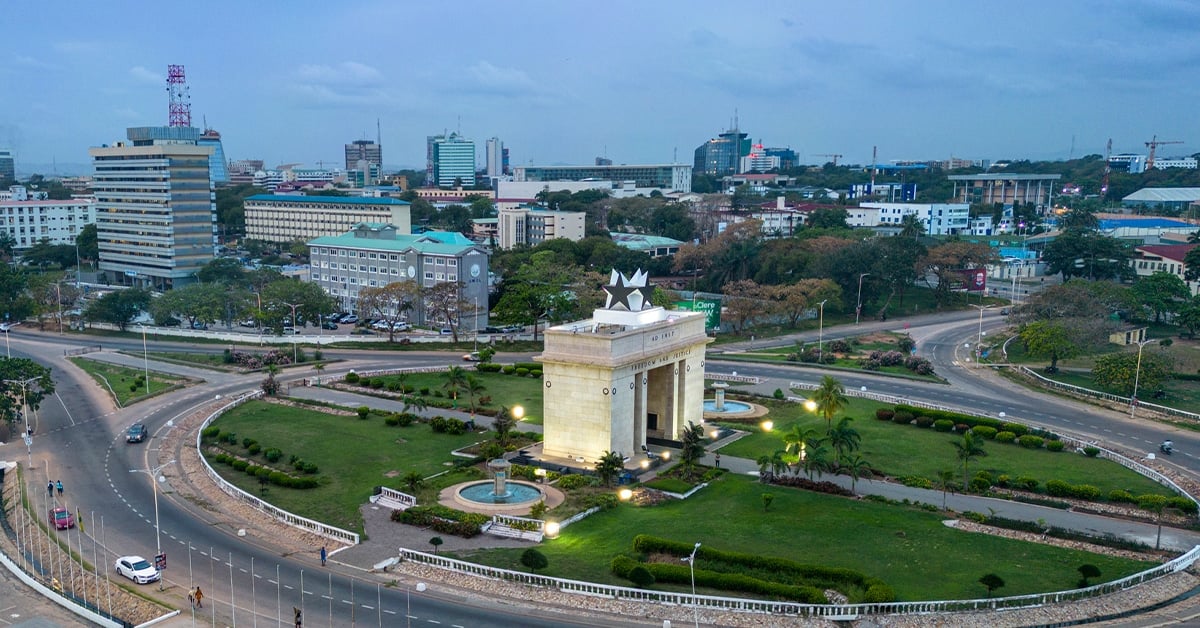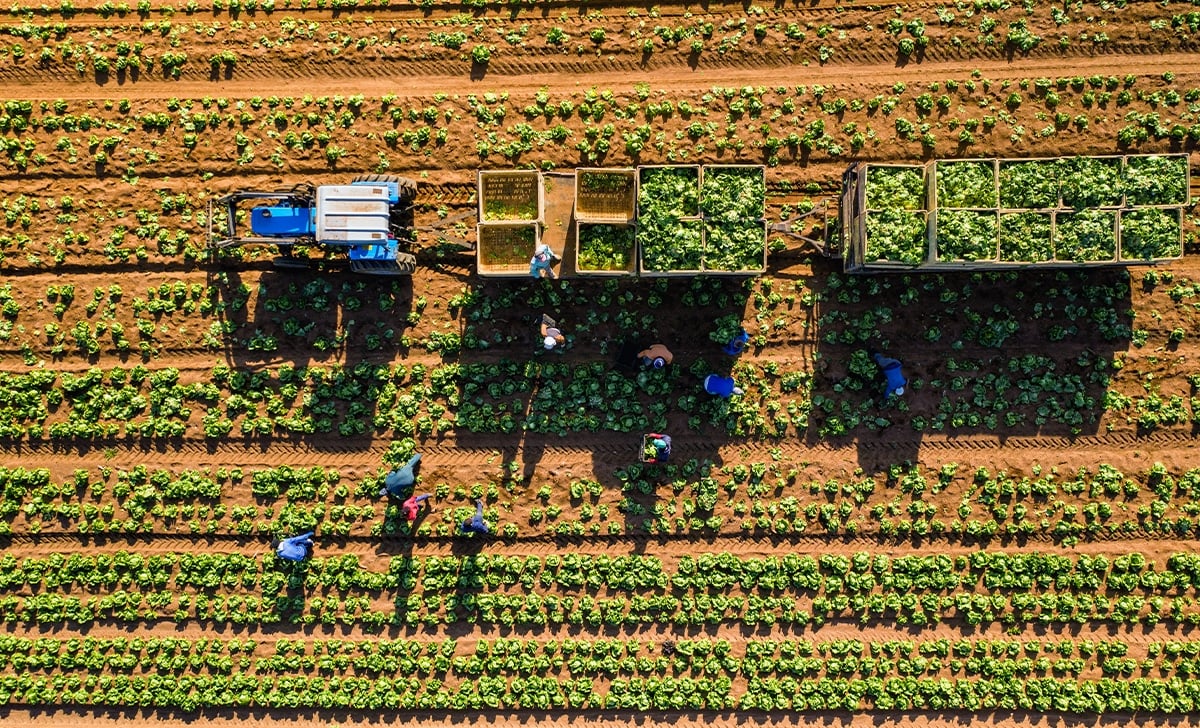Market News
Nigeria’s economy growing but high food prices a burden, World Bank says - REUTERS
BY Chijioke Ohuocha
ABUJA, Oct 8 (Reuters) – Nigeria has made significant progress in stabilizing its economy through recent policy reforms but needs to do more to improve living standards and tackle soaring food prices, the World Bank said in a report released on Wednesday.
The bank’s report highlighted progress in economic growth, revenue mobilization, and external balances after Nigeria removed its fuel subsidy, devalued the naira currency and reformed taxes. However, it warned that high food inflation and widespread poverty continued to weigh heavily on households.
Africa’s most populous economy expanded by 3.9% year-on-year in the first half of 2025, up from 3.5% in the same period last year, driven by growth in services, non-oil sectors, and a rebound in oil production and agriculture. Foreign reserves rose above $42 billion, while the current account surplus widened to 6.1% of GDP, supported by stronger non-oil exports and reduced oil imports.
Partner Content
Standard Bank CIB Impact Series
View All
The Crucial Link in East Africa’s Manufacturing Ambitions

Fuelling Industrial Growth and Development in West Africa

Borderless ambitions: unlocking intra-African trade through agro-industrial investment

Despite lower oil prices, Nigeria’s fiscal deficit is projected at 2.6% of GDP in 2025, broadly unchanged from 2024. Public debt is expected to decline for the first time in over a decade, falling from 42.9% to 39.8% of GDP.
“The Nigerian government has taken bold steps to stabilize the economy, and these efforts are beginning to yield results,” said Mathew Verghis, World Bank Country Director for Nigeria.
“The true measure of success will be how these reforms improve the daily lives of Nigerians — especially the poor and vulnerable.”
The cost of a basic food basket has increased fivefold since 2019, disproportionately affecting poor households that spend up to 70% of their income on food.
The World Bank recommended urgent action in three areas: removing trade barriers and addressing supply chain bottlenecks to curb food inflation; improving fiscal transparency and aligning public spending with development goals; and expanding social protection through regular, domestically funded cash transfers and crisis-responsive safety nets.
Looking ahead, the World Bank projects Nigeria’s economy will grow by 4.2% in 2025, rising to 4.4% by 2027, driven by services and supported by agriculture and non-oil industries. Inflation is expected to ease gradually but remain elevated.
Advertisement
“Food inflation is the biggest tax on the poor,” said Samer Matta, the World Bank’s Senior Economist for Nigeria.









